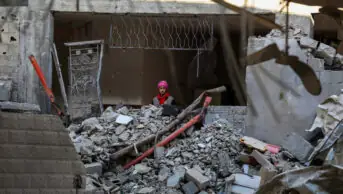Incentives are needed to encourage the development of new medicines to tackle diseases that disproportionately affect the poor, according to the World Health Organization (WHO).
The current market-led system fails to deliver such medicines, vaccines and diagnostic tools, which are essential to tackle neglected diseases, it says.
The call for incentives to promote the development of new drugs — along with a plea to national governments and others to make the necessary financial investment — comes in a WHO leadership statement on the lessons the global health agency learned from the Ebola epidemic published on 16 April 2015.
The WHO acknowledges that it made mistakes in the way that it reacted to the outbreak. It lacked the capacity to respond to the scale of the epidemic and says that, in future, it needs to take action more quickly.
Routine procedures need to be established now to tackle any future epidemics so that emergency efforts are not “ad hoc”, the statement recommends.
The WHO says outbreak prevention, preparedness and response management must be at the top of all national agendas.
It promises to increase the number of WHO staff working on disease outbreaks and plans to establish a global health emergency workforce — made up of scientists as well as clinicians and logistics experts — who will be available in any future global disease emergency.
A WHO contingency fund will also be set up to ensure that the organisation has the resources to respond more quickly in any future disease epidemics, it says.

